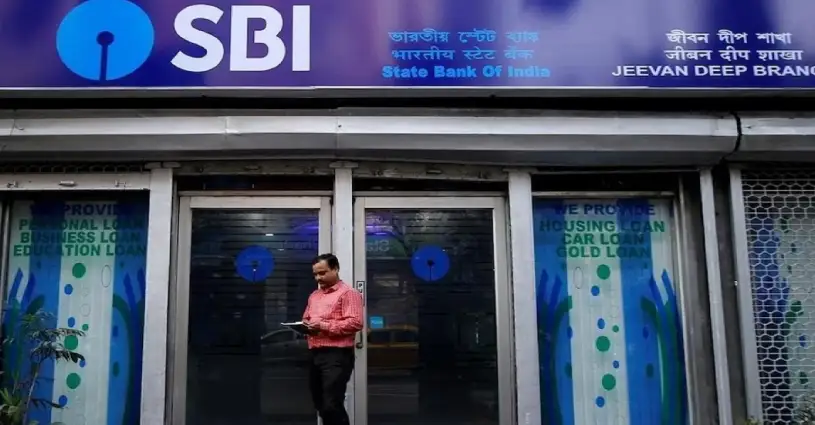India and the world are eagerly focusing on the upcoming electoral bonds data that will be revealed by the State Bank of India (SBI). SBI on Tuesday evening submitted data about electoral bonds to the Election Commission of India. SBI's electoral bonds data submission came after the Supreme Court of India denied extension time to India's bank to reveal the information. On SC's direction, the data will be collated and released by the Election Commission of India - which has confirmed receipt of the data - by 5 pm Friday. Now, the question arises what are electoral bonds and what will be revealed in it? Below is everything you need to know-
What are electoral bonds?
A law on the Indian Electoral Bond was brought in 2018 by the Modi Government. As per the law, the Section 182 of Companies Act, 2013 governs an Indian company's right to contribute to a political party. Prior to the amendments, this was governed by a set of conditions - the donation should be authorised by the Board; (ii) the donation cannot be made in cash, (iii) the donation must be disclosed in the Company's profit and loss account (iv) the company cannot donate more than 7.5 percent of its average profits for three years and (v) the company must disclose the name of the party it had donated to.
In 2018, the Modi Government amended the law and removed the cap on the amount a company can donate and also with the requirement of disclosing the name of the party it had donated to.
Last month, the Supreme Court of India struck down the Electoral Bonds law and directed the SBI to make the data public.
What will be revealed and what will be hidden?
The Election Commission of India has to do two things. First, parties will have to upload their data on election bond contributions on the EC website on March 13. Second, EC will have to upload SBI data on election bonds by 5 pm on March 15. The first data set is already available in the public domain. The Supreme Court asked for it to be uploaded so that all the data related to electoral bonds is in one place.
Will the common public know who donated what amount of money to political parties?
It is not necessary. There are three reasons behind this. The first reason is that the Supreme Court said that it is not asking for the matching of donors with recipients. For example, the details provided by SBI may or may not include the 'unique number' assigned to each bond. If this number is known to both purchasers and recipients, it will allow anyone to match donations made to the parties.
Third, even assuming that unique numbers are available, we cannot be any wiser about the 'true' corporate identity of the donor. When election bonds were introduced, an amendment to the Companies Act allowed any company, no matter how new or how loss-making, to buy these bonds. As per reports, this effectively allowed a large corporation to set up a 'shell company' for the express purpose of political funding. So, if you see, let's say, a company called 'Flamingo' is a large donor, and if you are properly assured that 'Flamingo' is not an established company, it may be difficult to figure out which large corporate or person is behind the flamingo.
